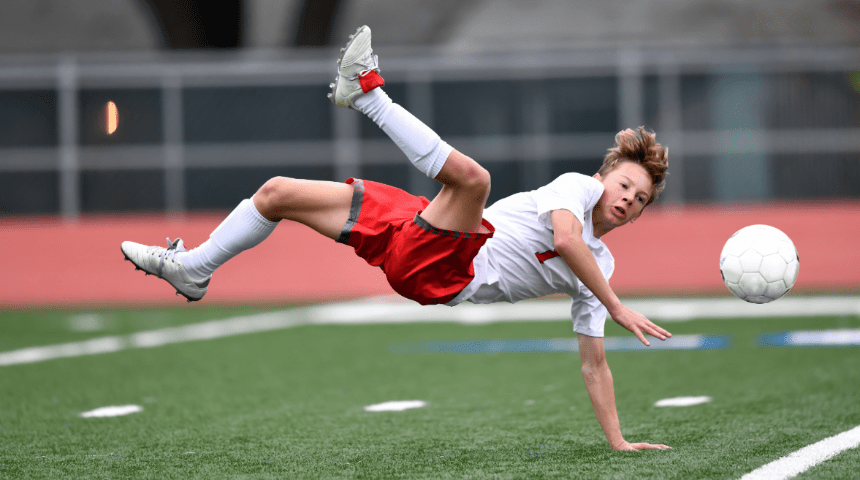For every athlete, there comes a time when your ability to perform reaches its peak. That period varies from person to person and from sport to sport.
In general, you can expect to hit your peak somewhere in your 20s or 30s, before the beginning of a natural and gradual decline in muscle strength. Your body’s ability to recover is also still very high at this point, allowing you to train harder and more often.
Unfortunately, most of us don’t have the time (not to mention a dedicated training staff) to invest in achieving and maintaining peak performance levels. But that doesn’t mean you can’t maintain or improve your own performance level.
Age and Peak Performance
Not surprisingly, there has been a lot of attention paid to Olympic athletes in this regard. Among the most commonly cited studies is one that found the peak age for track and field athletes to be 27.
Looking at other sports, the peak years can vary significantly. Those sports that demand power and speed tend to be less forgiving with peaks in the 20s, while those that emphasize tactics, strategy or endurance tend to have a longer age runway, with peaks in the 30s and 40s. And there are outliers like golf, where peak performance can run into the 50s. Gender also plays a role, with women generally peaking a year earlier than men.
Lessons for Weekend Warriors
When sports and athletics are more of a hobby, the key is to be smart about how you approach your chosen activities. Maybe you play in a competitive soccer league on weekends. You can’t just spend the week sitting in the office and at home before stepping onto the field on Saturday morning and expect to perform at your best.
You need to carve out time during the week to help your body prepare for the weekend stresses. Simply lifting weights in the gym won’t be enough. Your exercise during the week needs to support the things you’ll be doing on the weekend. Bodybuilding doesn’t translate to better performance on the soccer field. It could, in fact, make you more vulnerable to injury since you’re adding weight to your frame. This saps your speed and agility and puts even more pressure on your joints and tendons.
If you do plan to compete on weekends, do some research to find exercises and stretches that will help prepare your body. With soccer, for example, your exercise routine during the week should emphasize running and sprinting over time in the weight room.
Performance Tips
There’s no reason you can’t keep playing sports and competing well into your 80s and beyond. The key is taking care of your body and making consistent efforts to stay fit. Among the strategies:
- Stay flexible: This is important both to keep you on top of your game and to avoid injury. Consider yoga or Pilates, which can strengthen your core and hips to support athletic movement.
- Get up and move: Don’t allow yourself to sit for extended periods of time. That leads to stiffness and joint-related issues. If you work at a desk, set a reminder to get up and move every hour.
- Be smart with your time: You can train and exercise even while working. During downtime or on your break, do some stretches or exercises using devices such as grip trainers or strength bands to work on your hips, legs or arms.
- Eat right: The food you eat is what fuels your body. Avoid junk food and focus on healthy carbs, fruits, vegetables and lean meat.
- Hydrate yourself: Keeping your body well supplied with water will help your concentration, endurance and performance.
- Get a good night’s sleep: Sleeping for eight or nine hours a night will give your body time to heal itself and protect you from illnesses.
Choose to Stay in Touch
Sign up to receive the latest health news and trends, wellness & prevention tips, and much more from Orlando Health.
Sign Up





